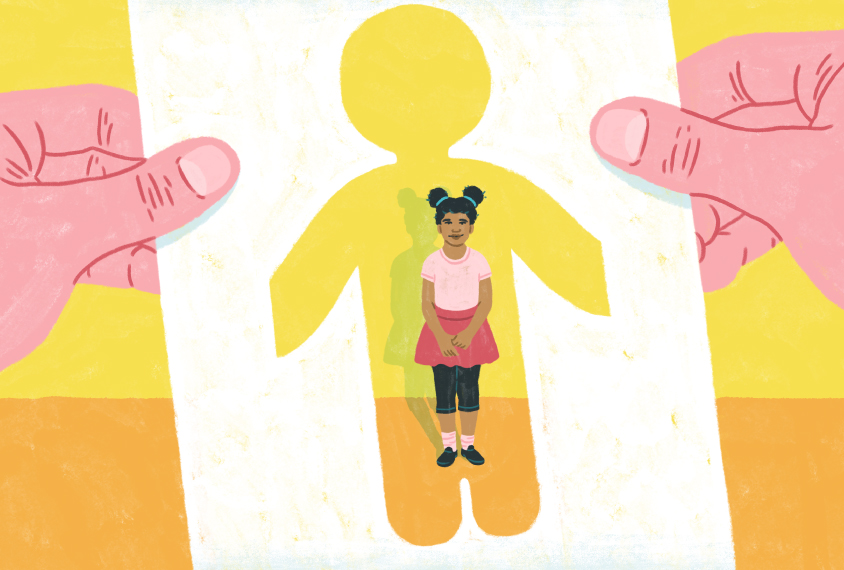Meng-Chuan Lai is associate professor of psychiatry at the University of Toronto in Canada.
Meng-Chuan Lai
Assistant professor
University of Toronto
From this contributor
Quashing sex bias in autism research calls for participant rainbow
Autism researchers must attend to the need for sex and gender diversity in study design as a rule rather than as an exception.

Quashing sex bias in autism research calls for participant rainbow
Brains of girls, boys may mark distinct paths to autism
Differences between the brains of men and women with autism may help explain why men are more susceptible to the condition and women appear to be protected from it.

Brains of girls, boys may mark distinct paths to autism
Mind the gender gap
Autism may be male-biased in prevalence, but our understanding of it should not be, argues Meng-Chuan Lai.
Explore more from The Transmitter
Lack of reviewers threatens robustness of neuroscience literature
Simple math suggests that small groups of scientists can significantly bias peer review.

Lack of reviewers threatens robustness of neuroscience literature
Simple math suggests that small groups of scientists can significantly bias peer review.
Dendrites help neuroscientists see the forest for the trees
Dendritic arbors provide just the right scale to study how individual neurons reciprocally interact with their broader circuitry—and are our best bet to bridge cellular and systems neuroscience.

Dendrites help neuroscientists see the forest for the trees
Dendritic arbors provide just the right scale to study how individual neurons reciprocally interact with their broader circuitry—and are our best bet to bridge cellular and systems neuroscience.
Two primate centers drop ‘primate’ from their name
The Washington and Tulane National Biomedical Research Centers—formerly called National Primate Research Centers—say they made the change to better reflect the breadth of research performed at the centers.

Two primate centers drop ‘primate’ from their name
The Washington and Tulane National Biomedical Research Centers—formerly called National Primate Research Centers—say they made the change to better reflect the breadth of research performed at the centers.